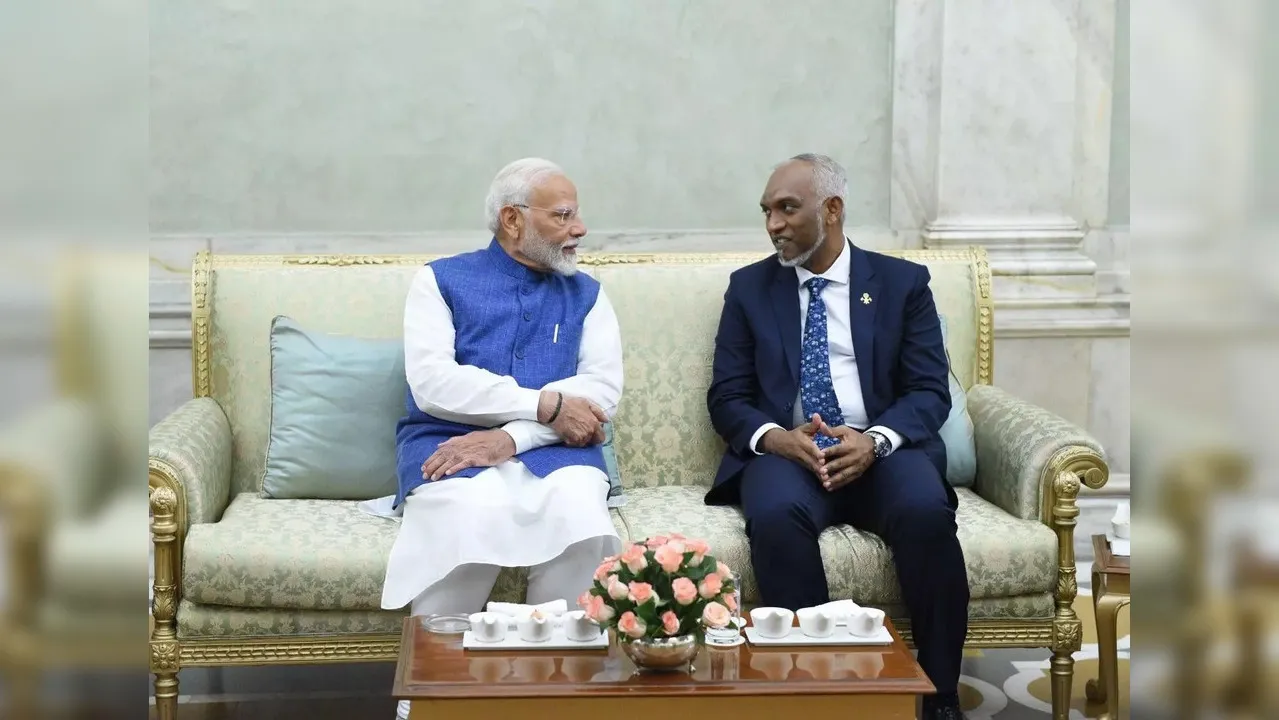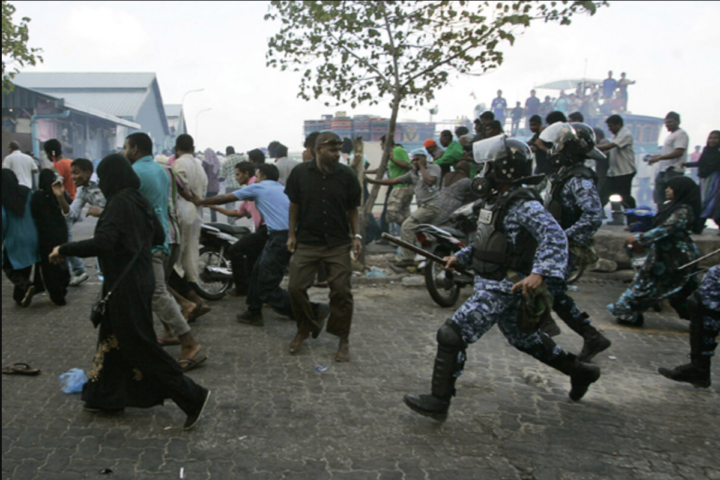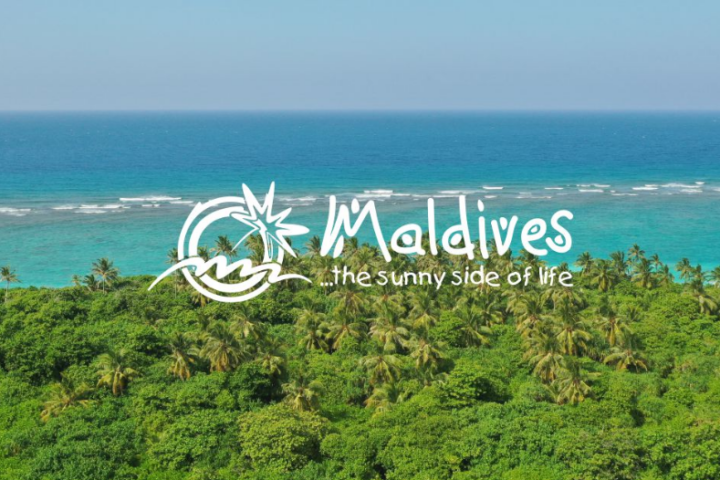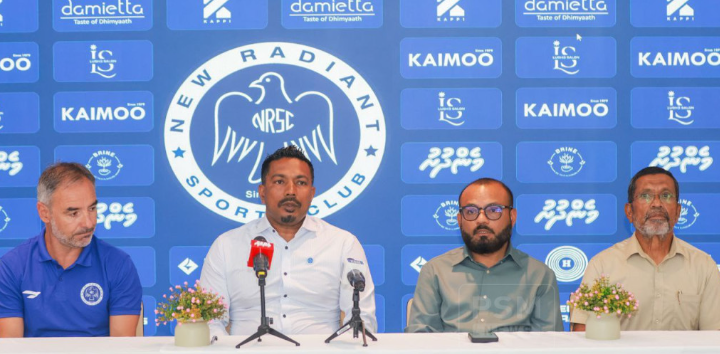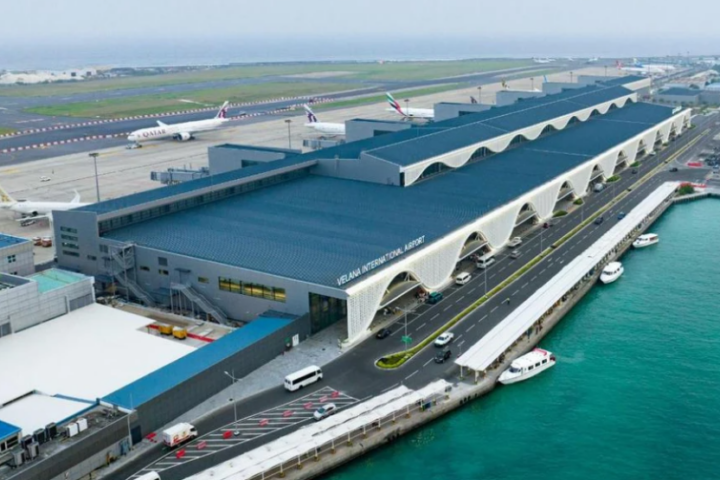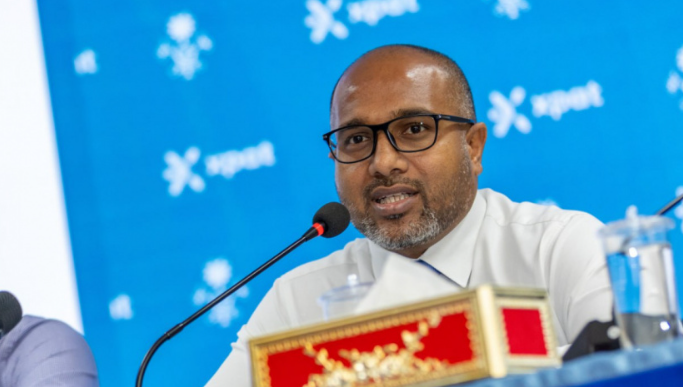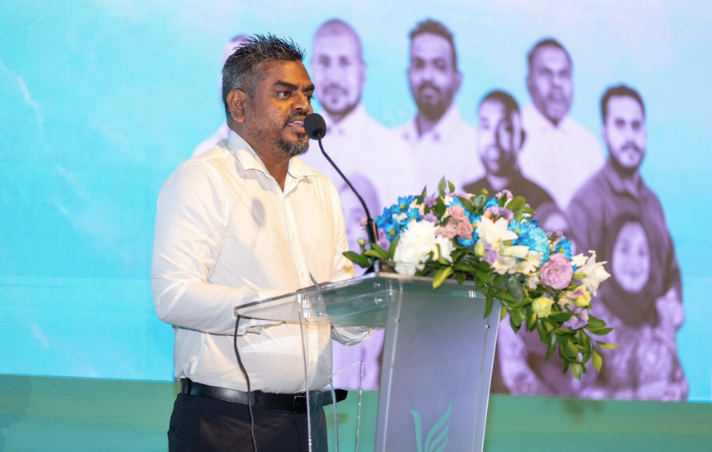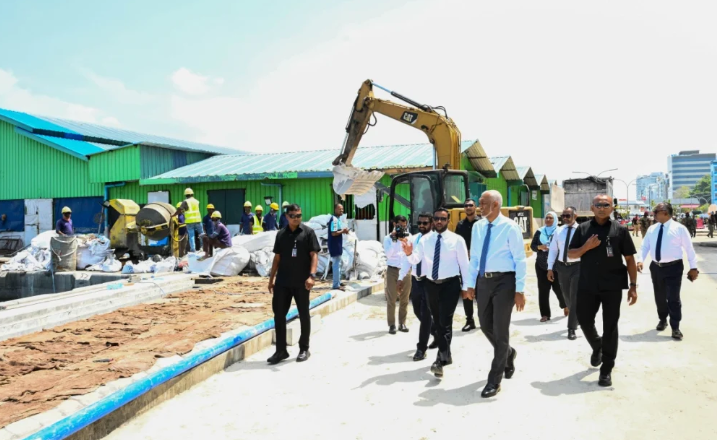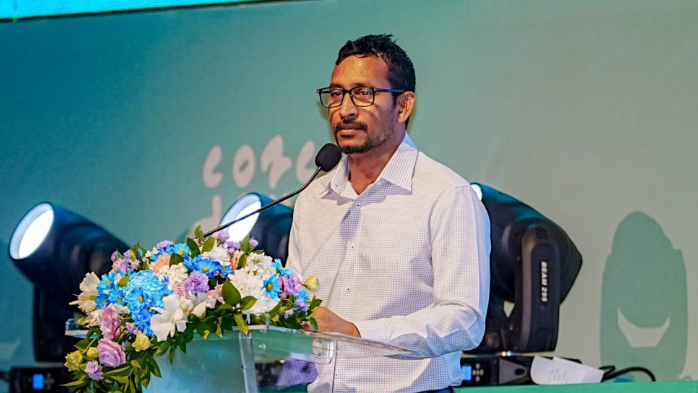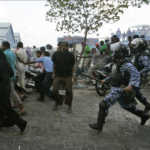In a notable shift in policy, the Maldivian government has moved from the ‘India Out’ campaign to a more conciliatory ‘Welcome India’ stance. This change comes amid criticism from former officials and a backdrop of fluctuating diplomatic relations.
Former Attorney General and Tourism Minister Ahmad Ali Sawad expressed concerns on the social media platform X, questioning the government’s shift without taking political responsibility for the prior stance. The ‘India Out’ movement, which had contributed to a 42% decline in Indian tourist arrivals in the first four months of this year compared to the same period in 2023, seems to have given way to a more welcoming approach. Just last year, Indian tourists were the largest group of foreign visitors to the Maldives, with China ranking third.
India’s External Affairs Minister, Dr. S. Jaishankar, is scheduled to visit the Maldives in the coming week. This visit marks the first ministerial visit from New Delhi to Malé since President Mohamed Muizzu’s administration took office in November of last year. Dr. Jaishankar’s visit, expected from August 9 onwards, will include discussions with his Maldivian counterpart, Moosa Zameer, and a courtesy call with President Muizzu.
The talks are anticipated to focus on strengthening development cooperation between the two nations.
Related posts:
https://etruth.mv.widelensreport.com/welcome-india-campaign-amidst-evolving-india-maldives-relations/
The change in policy from the Progressive National Congress (PNC) government’s previous ‘India Out’ stance to a ‘Welcome India’ approach has drawn both domestic and international attention. The Maldives’ Tourism Minister is currently in India promoting the island nation and conducting roadshows to attract tourists.
President Muizzu has acknowledged the importance of maintaining strong ties with India, noting the geographical and historical significance of the relationship. However, the opposition has criticized the government’s foreign policy, with former Foreign Minister Abdulla Shahid making a pointed remark about the changes in personnel within the foreign ministry.
Indian media has highlighted the evolving relationship, with headlines like “Maldives President Muizzu Thanks India, China for Support to Strengthen His Country’s Fragile Economy” and “Forgive and Forget? Jaishankar to Meet Muizzu on Maldives Trip Next Week.”
Recently, President Muizzu announced that China had agreed to postpone loan principal and interest payments for five years, a move that underscores the Maldives’ balancing act between major powers. This new stance towards India contrasts with past rhetoric accusing India of compromising Maldivian sovereignty.
The relationship between the Maldives and India has seen its share of strains, notably with the repatriation of Indian military personnel earlier this year and subsequent derogatory comments from Maldivian officials towards Indian Prime Minister Narendra Modi. These incidents led to diplomatic tensions, including the suspension of three deputy ministers.
Despite these challenges, the Muizzu administration has taken steps to normalize and restore relations, including high-level visits and affirmations of India’s role as the Maldives’ “closest ally.” As Dr. Jaishankar’s visit approaches, it remains to be seen how these renewed diplomatic efforts will shape the future of India-Maldives relations.
